Questioning the “Perfect” System
Big Learnings from My First-Year in a Micro Middle School
One of my favorite quotes to describe the world goes as follows, “Every system is perfectly designed to get the results it gets.” This is equally true in ecology as it is in middle schools. With over a decade working in elementary schools, I found myself perplexed by the way many of my most promising students seemed to lose their way over their middle school years. On the other hand, many students were successful, happy, and on a positive trajectory. One of the primary reasons I came to Embark was to better understand and hopefully impact the education system to positively benefit all adolescents.
Over the past year, I have had my eyes opened to the incredible complexity and joy of working with our learners at such an impactful stage in their development. By no means do I or Embark espouse to have the answer, but we are certainly working to redesign that “perfect” system to ensure that learners leave middle school engaged and with a sense of agency in their learning and lives.
During my first year as a middle school educator at Embark, here are a few of the most salient lessons our learners have taught me.
Community and Connection Matter
One of the main differences between middle school and elementary school that was conveyed to me by adults and students alike is how easy it is for a student to get lost. Adolescents are in a time of self-discovery, trying on new identities, clothing, language, and relationships. Without intentional and thoughtful support, young people can experience these changes in absence of a safe place to understand the world around them and how they fit in.
On the other hand, one of the strengths of the primary model is teachers’ abilities to build a community and really know their students given the smaller size.
As an elementary educator I focused on creating intentional community. Coming to middle school, a question I asked myself was, “Does being a sixth grader mean you are a different human or too mature for class meeting and community building?” My instinct told me the answer was no, and I very much believe that has been evidenced by student experiences. Through daily morning meetings, weekly 1-on-1 conferences, and what one of my students jokingly refers to as, “forced fun”, our community and connection to one another is fundamental in ensuring all humans are seen, heard, and valued so that no one can “slip through the cracks”.
Learning should be relevant to the Learners
All Educators work tremendously hard to create content that meets grade level standards and is differentiated to a student's abilities. We do our best to instruct those standards in interesting ways and on a great day can engage most of the class.
One of the purposes at Embark is to start with the learner instead of the content. This has looked like painting and rehabbing a patio and allowing a group of students to design some classroom spaces that are very much not my style! They’ve made drinks for our coffee shop that don’t mesh with my tastebuds, but make theirs sing.
When we structure learning so that students are making decisions about their learning, it turns out that they are much more engaged and even willing to listen to a lesson that addresses relevant standards, which may have otherwise seemed boring.
Loving their Individuality
With adolescence being such an important time of self-discovery, creating a space where students could be themselves and be praised and loved for it is incredibly important. One universal truth is that all humans want to be heard, seen, and valued, and that is especially important in adolescence.
My own middle school experience was rife with pressure to fit in and be “cool” which left me feeling perpetually not cool enough. One of the most beautiful pieces of Embark is the way in which each student is truly loved for who they are. The groundwork for this began very early in the year as we level-set by reading This Book is Antiracist and learned all about biases, prejudices, and importantly, identity.
We talked very openly about our identities and what they mean to us as well as how our negative experiences have made us feel. More than talking, we live a culture of acceptance and love for our peers. Like I mentioned above, this begins with daily community meetings, shared meals, courageous conversations, and lots and lots of reflection. Additionally, I strategically pair students who may not choose to work together and have been wowed by their abilities to find the strengths in each other.
While we cannot guarantee that all of our adolescents will love themselves all the time, we can guarantee that we will love them for who they are and create a safe space for them to grow.



